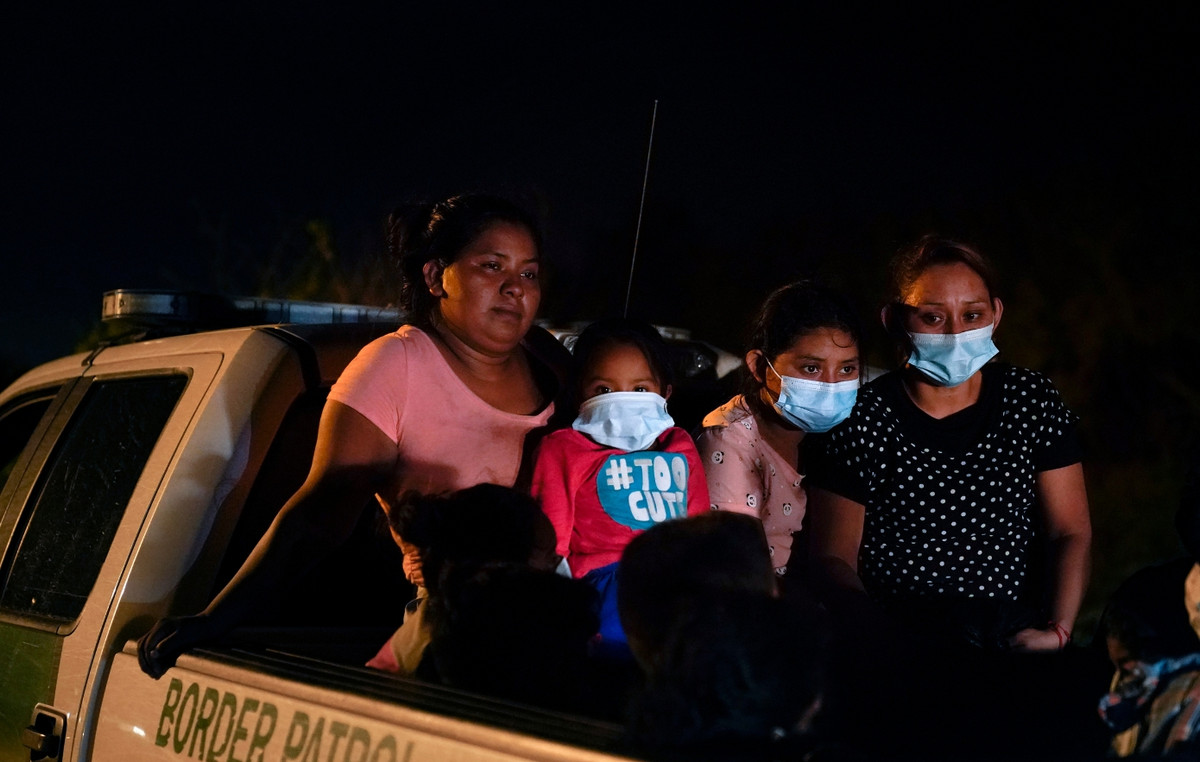Madrid, Sunday afternoon. Hundreds of people took to the streets to express their outrage at what they called the “Melilla massacre.” According to official figures, at least 23 people were killed on the Spanish-Moroccan border at the weekend when they tried to enter Europe through the Spanish enclave of Melilla, but were confronted by Moroccan police and Spanish border guards who were determined to stop them. Dozens of police officers were injured during the clashes.
According to the protesters in Madrid, the Spanish and Moroccan authorities are responsible for the tragedy. “Guilty, guilty,” they shout. UN officials, as well as Spanish Labor Minister Yolanda Diaz and other members of the socialist government, have called for an independent inquiry into the whereabouts of the perpetrators. But Prime Minister Pedro Sanchez says he already knows the culprits: he says it is the “trafficker mafia”, which “had organized a violent attack of 2,000 people on the border of Melilla”.
“There is no mafia”
However, the Maghreb journalist, writer and expert Ignathio Thembrero expresses a different view. There are certainly violent gangs in Africa, he says, but they are not as dangerous as their counterparts in Latin America. “I can assure you that there is no mafia behind sub-Saharan African migrants trying to cross into Melilla or Ceuta,” he said. Melilla and Ceuta, Spanish enclaves in northern Morocco, are the EU’s only land borders with the African continent. As a result, the migrants are focusing their efforts to enter Europe, but on the other hand, the Moroccan police and the Spanish border guards are concentrating their efforts there, trying to repel them.
Unlike the Spanish prime minister, Thembrero believes that the real reason for the “Melilla massacre” is the insistence of European governments on outsourcing border guards to authoritarian regimes. “These are countries that are not democratic and the police resort to authoritarian methods,” he said. “This is exactly what happened this weekend in Melilla, but also in Melilla’s lobby, on Moroccan soil.”
And immigration in NATO planning?
Spain is betting mainly on Morocco, but also on the other Maghreb countries, from which it expects to crack down on “irregular migration” to Europe. It is even said that at the NATO summit, which starts on Tuesday in Madrid, the Spanish government will suggest that from now on, “irregular immigration” be treated as a “security threat” for the southern wing of the Atlantic Alliance.
Will we ever know exactly what happened in Melilla? Probably not. Human rights activists in the city of Nador claim that the Moroccan authorities are doing everything they can to bury the victims as soon as possible, without forensic reports or other formalities.
Franca Weltz (HR)
Edited by: Giannis Papadimitriou
Source: Deutsche Welle
Source: Capital
Donald-43Westbrook, a distinguished contributor at worldstockmarket, is celebrated for his exceptional prowess in article writing. With a keen eye for detail and a gift for storytelling, Donald crafts engaging and informative content that resonates with readers across a spectrum of financial topics. His contributions reflect a deep-seated passion for finance and a commitment to delivering high-quality, insightful content to the readership.







